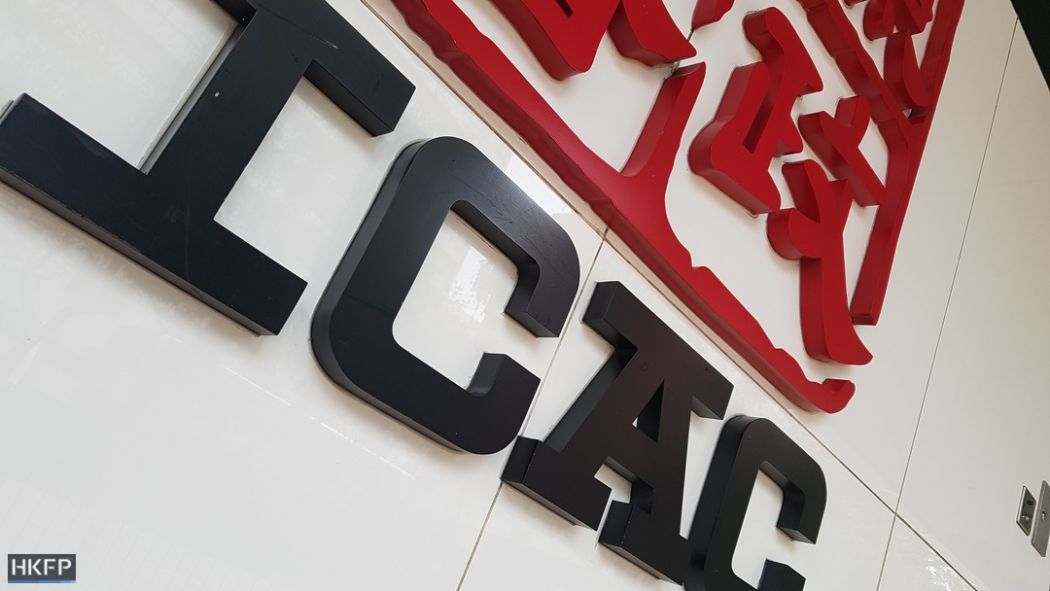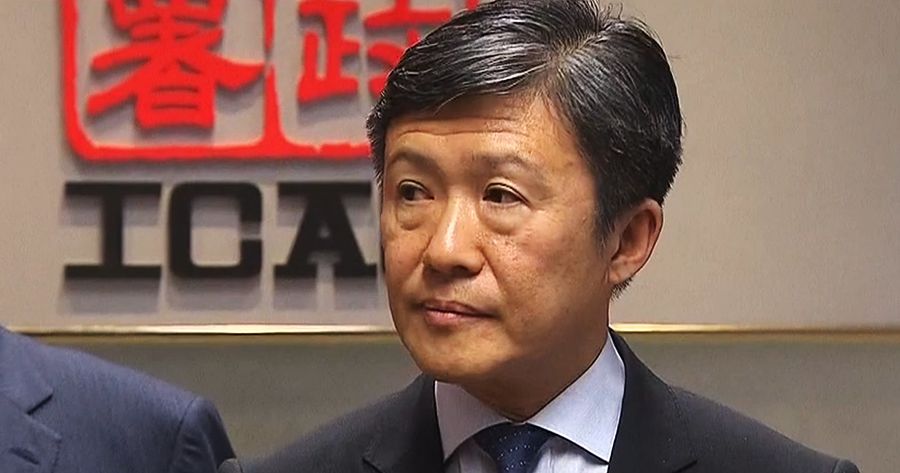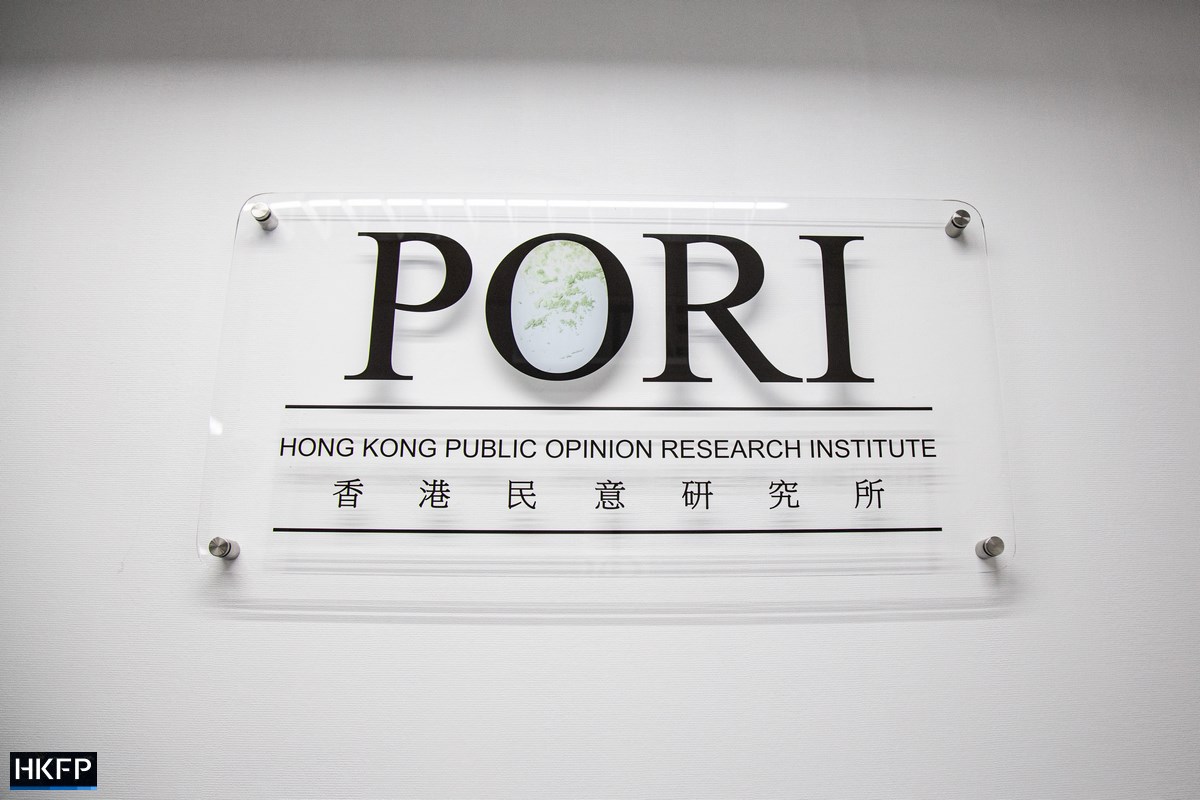Claims that it is illegal to cast a blank vote in the upcoming “patriots only” legislative elections are just “rumours,” the head of the Independent Commission Against Corruption (ICAC) said on a Commercial Radio programme on Saturday.
“Voters will not break the law by exercising their own free will,” Simon Peh, head of the city’s anti-corruption body, said.

Peh’s comments come a week after the ICAC said that two people are wanted for inciting people not to vote, or to cast invalid votes. The two self-exiled democrats, ex-lawmaker Ted Hui and former district councillor Yau Man-chun, made social media posts urging Hongkongers to cast blank votes and boycott the elections. Hui is now in Australia while Yau is in the UK.
The city amended its election laws in May, making it illegal to incite the casting of invalid votes and obstruct others from voting.

Last month, Chief Executive Carrie Lam evaded the question when asked by HKFP if blank votes were indeed legal. She said the authorities will need to refer to the law and relevant evidence in each case, adding that it will be up to the city’s independent prosecutors to press charges and for the courts to make a judgement.

Peh said on Saturday’s radio programme that the ICAC, which enforces an ordinance against corruption and illegal conduct in elections, had received nine reports of people allegedly inciting others to boycott the vote or cast invalid ballots.
First ‘patriots only’ election
Hong Kong is two weeks from holding its first “patriots only” Legislative Council polls, the first since Beijing ordered a sweeping electoral overhaul that effectively barred members of the opposition from running.
All candidates contesting the December 19 elections were subject to a multilayer vetting mechanism led by government officials to ensure that they are “patriots.”
Just 20 legislative seats will be directly elected, compared to 35 before Beijing’s shake-up.

Democrats and some local election experts have criticised the revamp, calling it a “huge regression in democracy,” whilst most pro-democracy figures remain behind bars, in self-exile abroad, or have quit politics altogether.
Authorities, however, have maintained that the elections are “competitive.”
The elections will also be the first in which Hong Kong residents in mainland China will be allowed to vote, with three voting stations set up at the Lo Wu, Heung Yuen Wai and Futian control points near the border with mainland China.
Neither reporters nor members of the public will be allowed to observe vote counting at the stations.
Less than half inclined to vote
With the polls looming, candidates are gearing up for the day with regular street booths and appearances on radio shows to debate campaign points.

A record low turnout is expected at the polls, with just 47 percent of Hongkongers planning to vote, according to results of a Hong Kong Public Opinion Research Institute (PORI) publicised Friday.
According to RTHK, the ICAC is investigating whether PORI broke the law by asking the public about the option of casting a blank ballot: “I’m not saying that offering such an option in the survey [is] definitely against the law, but I don’t know how they would ask the question, how they would collate the data or how they would release the result,” Peh said.
“If there is any element which amounts to inciting other people not to vote or to cast an invalid vote openly, publicly, that could be liable under the ordinance.”
Over 10,000 police officers will be stationed around the city on election day to ensure that the polls will be held smoothly, while around 800 ICAC staff will be deployed at polling stations.
Correction 10/12: A previous version of this article stated that the legislature previously had 45 directly-elected seats. In fact, it had 35 before Beijing’s shake-up.
Support HKFP | Policies & Ethics | Error/typo? | Contact Us | Newsletter | Transparency & Annual Report | Apps
Help safeguard press freedom & keep HKFP free for all readers by supporting our team

LATEST FROM HKFP
HKFP has an impartial stance, transparent funding, and balanced coverage guided by an Ethics Code and Corrections Policy.
Support press freedom & help us surpass 1,000 monthly Patrons: 100% independent, governed by an ethics code & not-for-profit.










